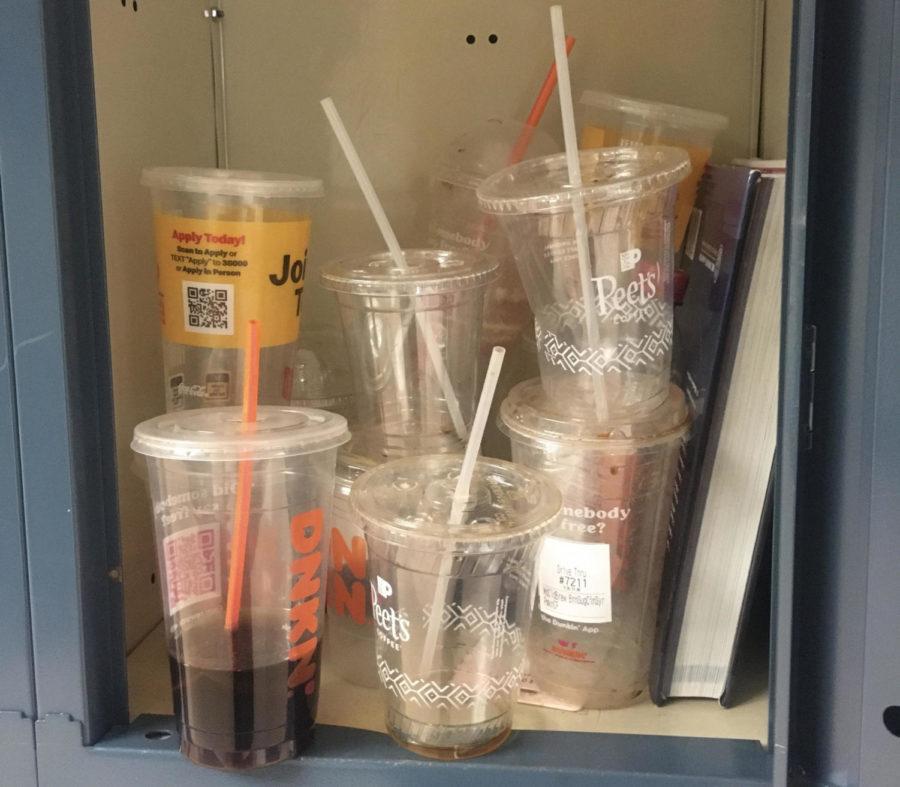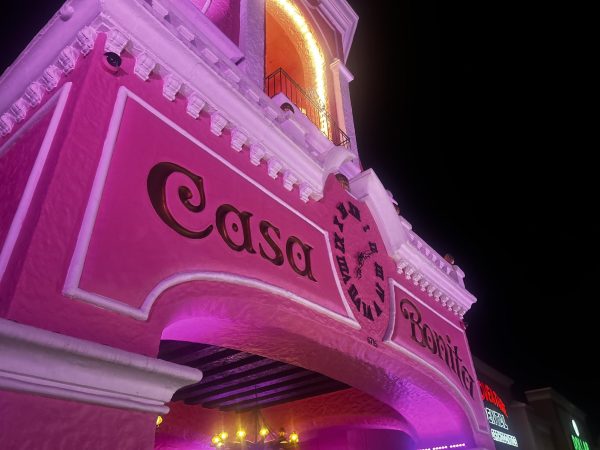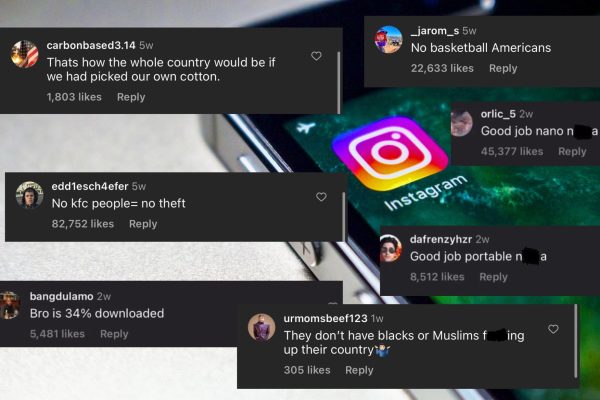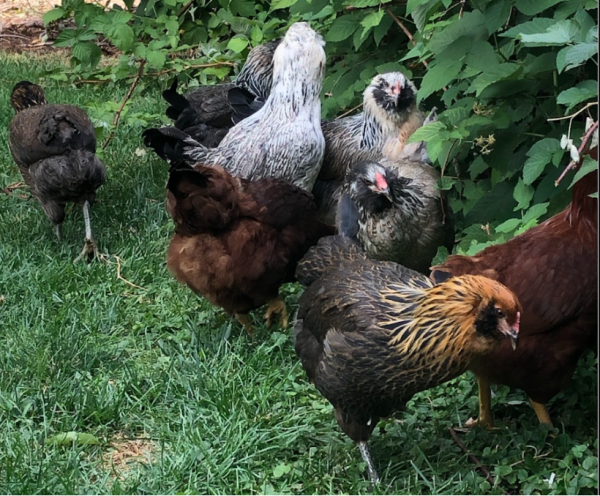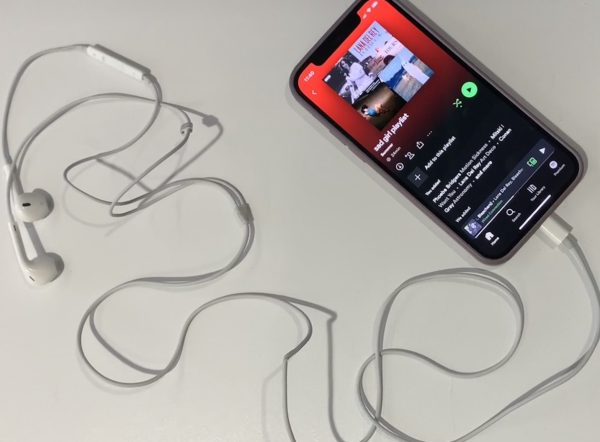Don’t Talk to Me Before I’ve Had My Coffee
Coffee can be a costly- and wasteful -societally acceptable drug.
Hi, I’m Jane, and I have a debilitating addiction to caffeine. Judging from the lines at Dunkin Donuts and Starbucks, I’m not alone. I’ve grown to love the taste of coffee, but it’s not my taste buds talking, it’s my addiction. Whose bright idea was it to normalize the concept of slinging a dark, foul-tasting stimulant down your throat each and every morning to “start the day right”? I mean, I understand chugging those gross green shakes because of all their ‘vitamins’ and ‘minerals’, but coffee costs more trouble (not to mention money) than it’s worth.
According to Harvard’s School of Public Health, moderate coffee consumption “has been consistently associated with a reduced risk of several chronic diseases.” However, just looking at all the negative short-term side effects such as anxiety, insomnia, and a slew of caffeine withdrawal symptoms, it’s hard not to question why we shell out so much money on it! I asked a few students at Boulder High how much they would pay for a cup of coffee, the average response was around $6.72.
In the past year, Americans have increased their coffee consumption by 14%. Now 66% of us drink coffee, and with the perfect storm of a shortage of baristas, supply-chain issues, and climate change, the cost has more than doubled in the past decade. With everyone hooked on caffeine, coffee shops are free to raise prices how they please. The average American adult spends up to $1,100 a year on coffee! For comparison, a nonstop flight from Denver to Paris is $1,075! Doesn’t everyone know that coffee is way better in France anyways? Plus, coffee is the only thing people drink daily that stains teeth yellow, and dental bleaching procedures are super expensive.
As a society, we’re just spending too much money on a drink we never would’ve needed had we never started drinking it in the first place. We need to recognize that people can grow dependent and addicted to caffeine in a very similar way to other stimulants. I’ve been complimented by multiple adults for taking my coffee black. I don’t have a “refined palette,” I’m just a full-blown junkie who’s gotten to the point that cream will get in the way of my fix. I’m only seventeen, but a lot of teens in our community are starting even younger. When I asked 30 students around Boulder High if they drank coffee or not, 14 of them said yes, and many of the people I talked to were freshmen.
While adults flip their lids about vaping, alcohol, and recreational drugs, nobody looks twice at a 14-year-old who starts drinking coffee as an easy energy boost. Younger people are more likely than ever to start drinking it, with all the added sweeteners making it an approachable caffeinated pumpkin-flavored milkshake that we’ve accepted is totally a morning thing. A recent Johns Hopkins study claims that caffeine could boost your memory, prompting test-prep websites to recommend every high school student drink coffee before the SAT.
America’s favorite stimulant has some dark side effects for adolescents. An NIH study found: “… that excessive caffeine intake by adolescents has been associated with a number of detrimental health effects such as nervousness, irritability, nausea, cardiovascular symptoms, sleep impairment, osteoporosis, and gastric ulcers.” Coffee is something we never would’ve needed had we never tried it, and now we can barely function a day without it. The FDA actually recognizes caffeine as a drug, but a legal one.
If you’re a freshman or sophomore who hasn’t started drinking coffee yet, you have a choice to make. Even though the short-term boost can be quite enticing, (and it can taste pretty good with all that cream and sugar), think about all you can do with an extra grand in the bank every year. If you’re trying to quit, it’s worth your while. While not a lot of studies have been conducted on quitting coffee past withdrawal, the many ‘caffeine-free journey’ blogs claim that they’ve reached a newfound productive nirvana. It’s not easy with companies pushing it in your face all day, but much like Patrick Bateman recommends in American Psycho, “Just say no.”
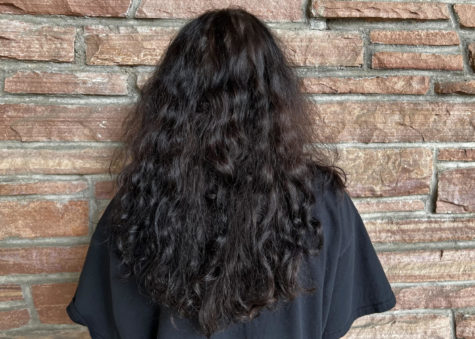
A writer and illustrator for The Owl, Jane has many strong opinions that are most acceptably expressed in cartoon form. A senior at Boulder High School, Jane spends the majority of her time at school reading books that were not assigned and ignoring the ones that are. Her interests pursued in school are art, computer science, and eating lunch. Outside of school, Jane scoops ice cream at Sweet Cow North Boulder, is a single mother of two guinea pigs, a part-time cryptid, and a member of Christian Moms Against Rap Music. Jane absolutely cannot get behind purple grapes due to the fact that her ex-youngest son, Milo (2020-2021) perished to one. She is a green grape lover and as with many other topics,...


